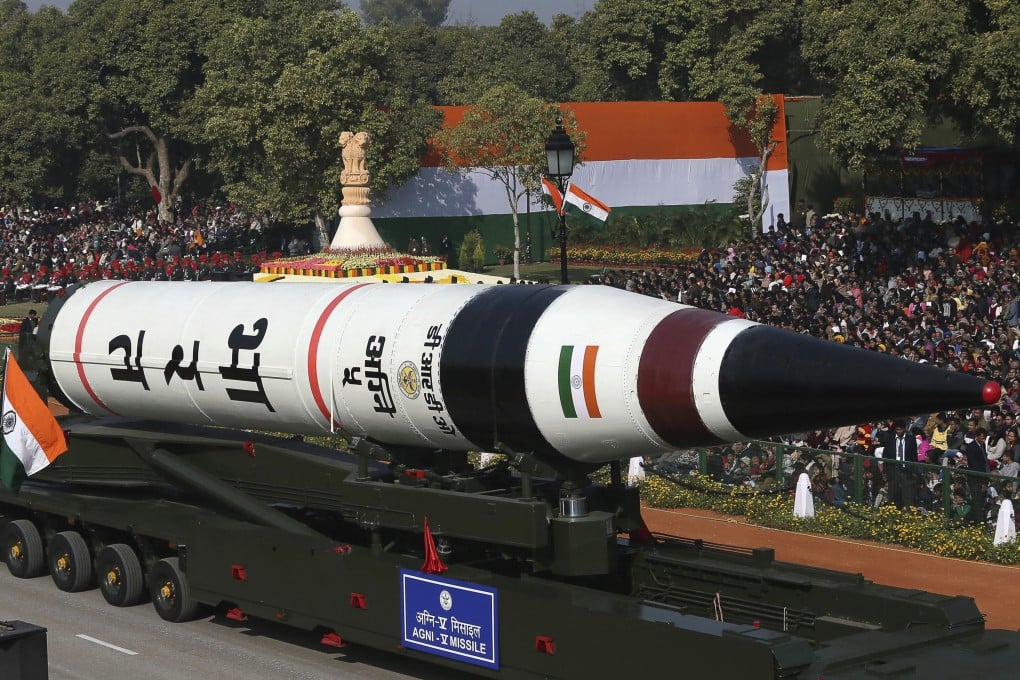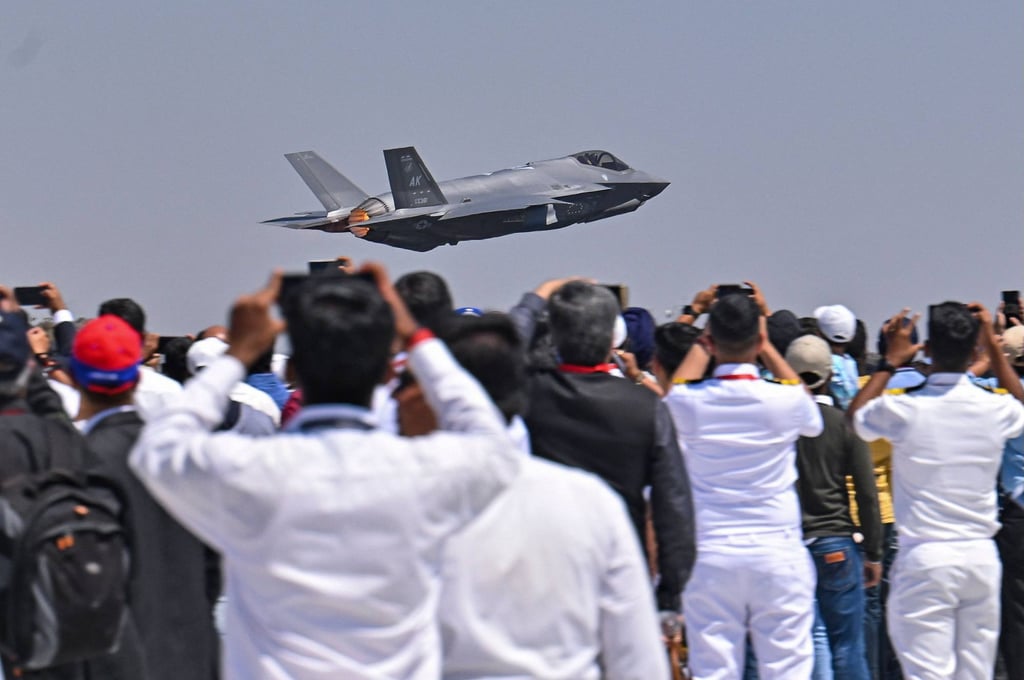Opinion | Why Indian military’s embrace of AI risks sparking nuclear disaster
- India is trying to incorporate AI into its defence capabilities in an attempt to compete with China and deter Pakistan, but this approach has its risks
- AI, quantum tech and US-India cooperation could push Pakistan to expand its deterrence, and new tech could make pre-emptive strikes more appealing

Jake Sullivan, the US national security adviser, and his Indian counterpart Ajit Doval met in Washington to discuss quantum technology, artificial intelligence, 5G technology and semiconductors. They also developed a mechanism for joint weapon production.
The Initiative on Critical and Emerging Technology is the latest move by the US to counter China in emerging technologies. However, this collaboration is going to have a long-lasting impact on the strategic stability of the Global South.
On the one hand, it will help India maintain strategic stability with China; on the other, with Pakistan, these initiatives increase the risk of accidents and miscalculations between two nuclear-armed neighbours.
Quantum technology is at an early stage of development, but it can have far-reaching consequences for defence. Quantum computers could potentially make current encryption useless, while quantum sensors could disrupt an army’s second-strike capability. In 2021, the Indian Army announced the establishment of a quantum laboratory at the Military College of Telecommunication Engineering to develop secure communication.
Artificial intelligence is another area where India and the US can cooperate on a technology that has the potential to reshape strategic stability in the region. AI is a dual-use technology which could benefit India but whose application in the military domain could have great impact.

